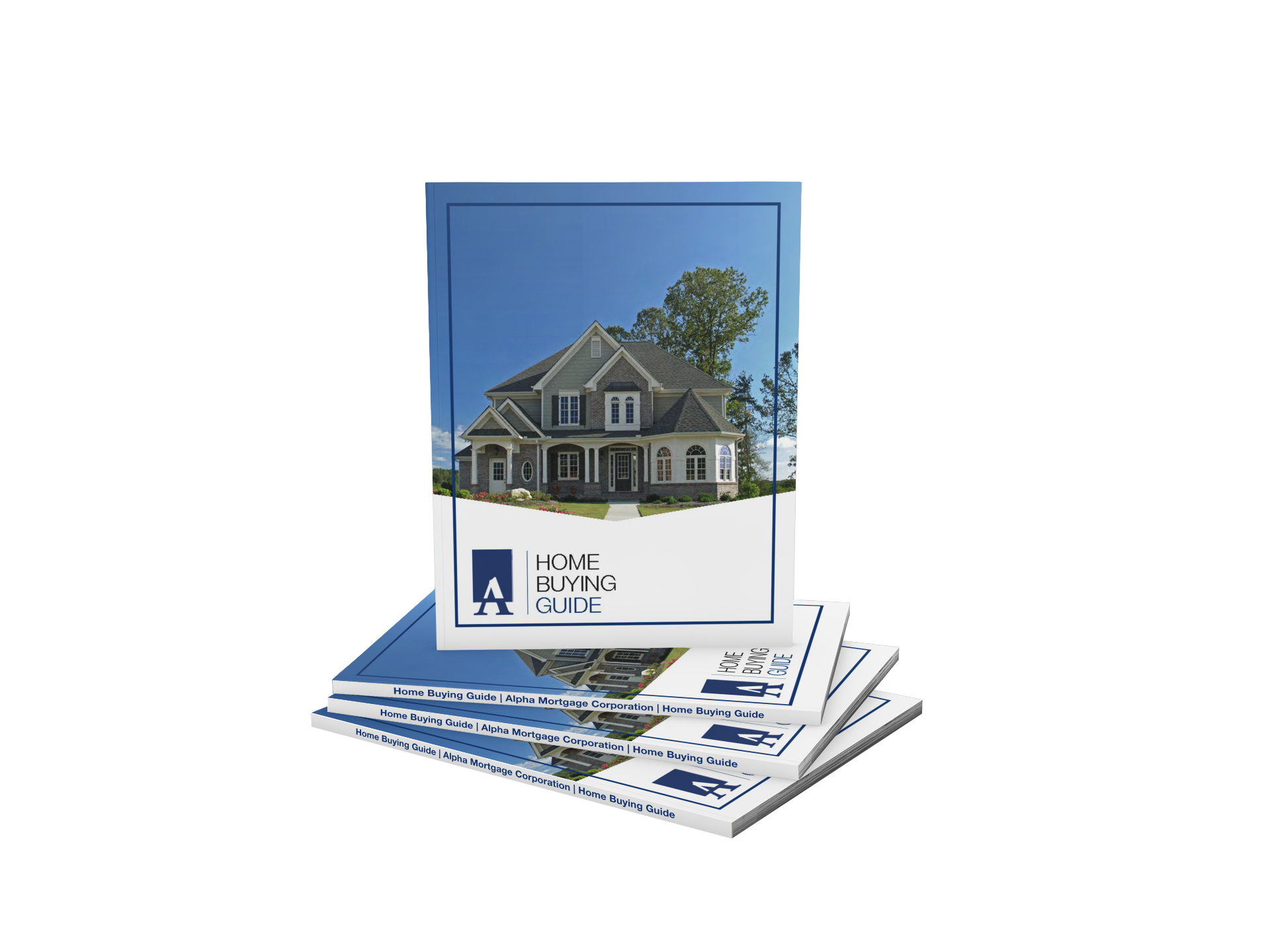Refinance Your Loan
Refinancing allows borrowers to replace their current mortgage with a new home loan. Homeowners refinance for different reasons, but the process of refinancing a mortgage should result in some benefit to the homeowner. A borrower may choose to refinance to obtain a lower interest rate and a lower monthly payment, or change the type of loan that they have.
Get Your Free Home Buying Guide


Reasons to Refinance
- Interest Rates Have Improved
If you purchased your home at a higher interest rate and the market rates are lower now, you could save by refinancing. If you purchased your home at a higher interest rate and the market rates are lower now, you could save by refinancing. - Your Credit Has Improved
If your credit score has improved since you took out your home loan, you may qualify for better rates or terms. - Use Your Equity
A cash-out refinance allows you to take out some of the equity in your home. You can use it for renovations, investments, or to pay down other higher-interest debt. - Eliminate Mortgage Insurance
Homeowners who purchased their home with a low or no money-down loan will sometimes refinance into a conventional loan once they reach 20% equity to eliminate mortgage insurance. - Change Your Loan Term
Shortening your loan term to a 20 or 15-year mortgage can have significant savings over the life of the loan.
Refinance Savings Calculator
Every scenario is different, but the calculator below can provide a rough estimate to determine if you might save money by refinancing your current home loan.
Considering a Refinance?
Talk to a member of our team! Our loan officers will review your current loan and discuss your long-term goals. They can walk you through your options so you can make a well-informed decision and choose a loan product that makes sense for you.
